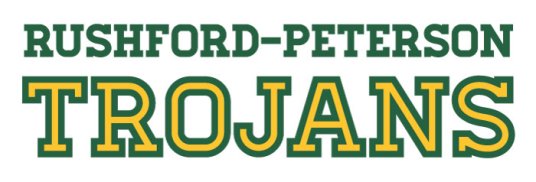Top 15 Skills from Preschool and
Kindergarten Teachers
Children develop at different rates and have different experiences before kindergarten. Here is a list of useful skills that will allow your child to be more successful in Kindergarten.
- Dresses self with shoes and clothes (buttons and zips).
- Can name the following colors: red, orange, green, yellow, purple, blue, brown, black, white, pink and gray.
- Can wait… in line, for a turn, or for directions and shares with others.
- Is able to easily separate from parents.
- Can easily make transitions from one activity to another.
- Can name the following shapes: circle, square, oval, heart, rectangle, triangle and diamond.
- Can follow simple 2-step directions.
- Can count out loud to 20.
- Can identify numbers to 12.
- Writes his/her name.
- Can name and identify all (26) upper and lower case letters.
- Can name the sounds of the letters in the alphabet.
- Recognizes rhyming words.
- Recognizes opposites.
- Is able to correctly grasp different writing utensils (crayons, pencil, markers).
Classroom Skills for Kindergartners
The preschool and Kindergarten teachers worked together to identify skills and abilities that are helpful to a smooth adjustment to kindergarten and a classroom community.
Getting Along with Peers
- Waits his/her turn when playing with others.
- Shares with other children
- Uses basic manners (please and thank you)
- Uses words to resolve conflicts with other children
- Exhibits self-control when playing with others
- Interacts well with other children
Self-Help Skills
- Cleans up after him/herself
- Uses bathroom and washes hands independently
- Knows when/how to use a tissue
- Refrains from putting objects in mouth
- Can put on own clothes for outdoor play
- Keeps track of personal belongings
Independence
- Is able to separate easily from parents
- Is comfortable speaking with adults
- Resolves conflicts independently and seeks help when needed
- Is able to direct own learning (looks at books, draws, or plays independently)
Basic Group Learning Skills
- Waits his/her turn to speak
- Easily changes from one activity to the next as requested
- Sits appropriately during group activities
- Listens to and follows two step directions
- Listens to a story and asks/answers questions about it
- Is able to organize personal belongings and classroom materials
- Controls volume of his/her voice
- Accepts minor disappointments without tears or tantrums
|
